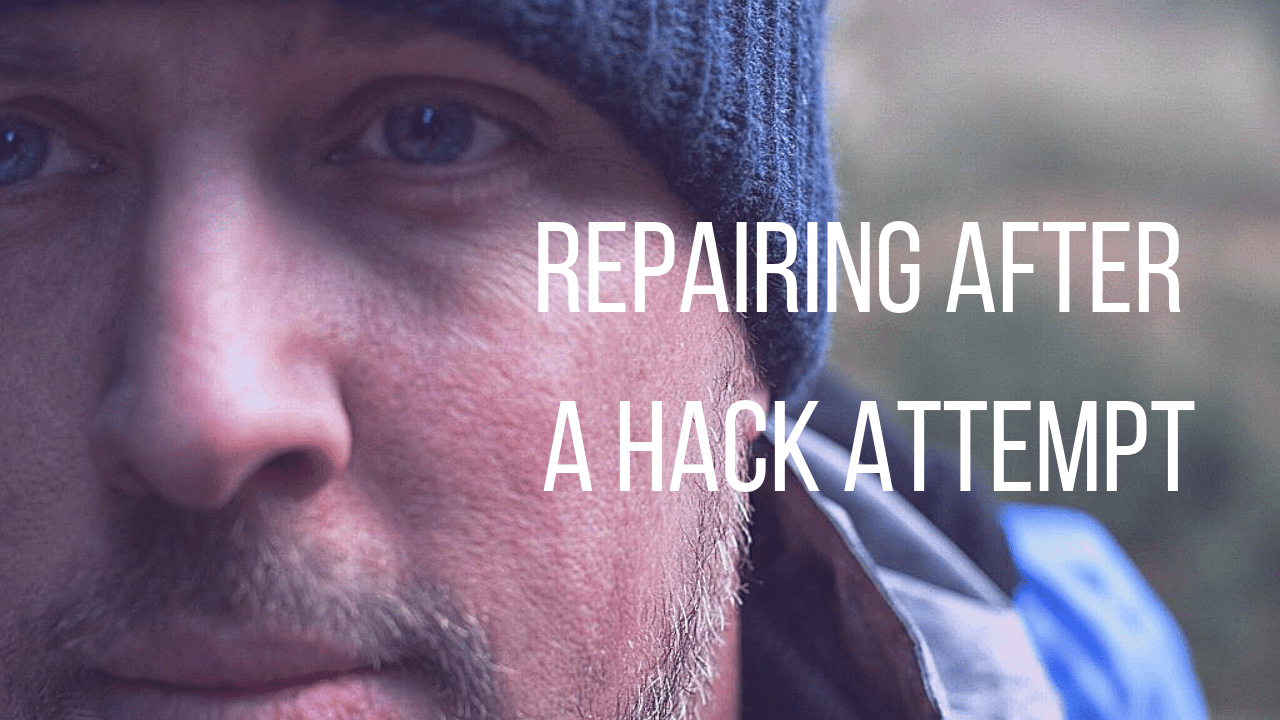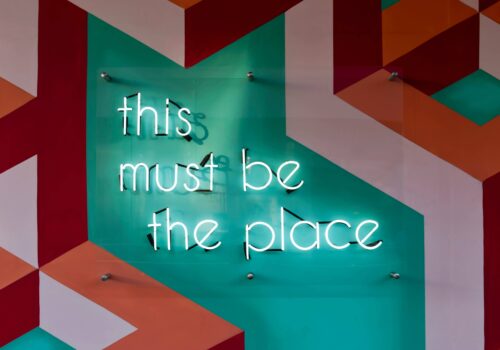Premier Business Care along with a range of Professional Bloggers have put together an essential guide to Blogging! The guide contains useful tips which many bloggers may not be aware of, such as registering as self-employed and paying the correct taxes. Thankfully having worked in the corporate world for a number of years there’s been a few that I’ve ticked off but a number I didn’t think of. So thanks to Premier, I’ll be sharing some of the fantastic content to you guys with a completely FREE download at the end of the series.
So let’s talk Becoming Self-Employed.
If you’re thinking of turning your blogging into your full time job and becoming a professional blogger, then you will need to consider the fact that you will have to become self-employed. Unlike being employed, self-employment means that you are responsible for paying your own taxes and National Insurance contributions (NICs).
If you are self-employed (also known as a sole trader) you will need to register and enlist your business with HMRC. As a sole owner you are entirely responsible for the business (even if you have employees) as well as business liabilities as there is no legal difference between you and your blog/ business.
We’ve highlighted some of the advantages and disadvantages of becoming self-employed below:

Professional Blogger, Sarah, owner of theproseccodiaries.com
“It’s important to be able to assess sensibly how much money you feel you will be able to earn before giving up the day job. Realistically, you’re going to have to make sure you have enough paid work to cover your rent, bills and expenses each month through different earning revenues. Ensuring a steady income flow can involve spending your week pitching for blog work, attending meetings, and networking both online and in-person. It may be that you spend 50% of the working week doing these tasks, along with going to events and press previews. The remainder will involve the actual writing and editing imagery. Once your income has been looked at realistically and you feel confident, it’s time to make the move into full time blogging!”
How and when do I need to register as self-employed?
If you run a blog or vlog that you are making money from, or planning to make money from, you need to register yourself as self-employed. It doesn’t make any difference as to when you get the work, if you are actively seeking jobs to bring in money (even if you are still employed), you will need to register. Anyone who becomes self-employed must register for income tax and National Insurance contributions with HM Revenue and Customs (HMRC). This can be done online, by phone or via the post, however, registering online is the fastest and easiest option. You will need to provide the following:- Your name
- Address
- National Insurance Number
- Date of birth
- Telephone number
- Nature of your business
- Start date of self-employment
- Business address
- Business telephone number
- Your Unique Tax Reference (this only applies if you havebeen self-employed before)






















Do you really need to register as a self employed blogger when you just start? It could take a year or two before you start making money.